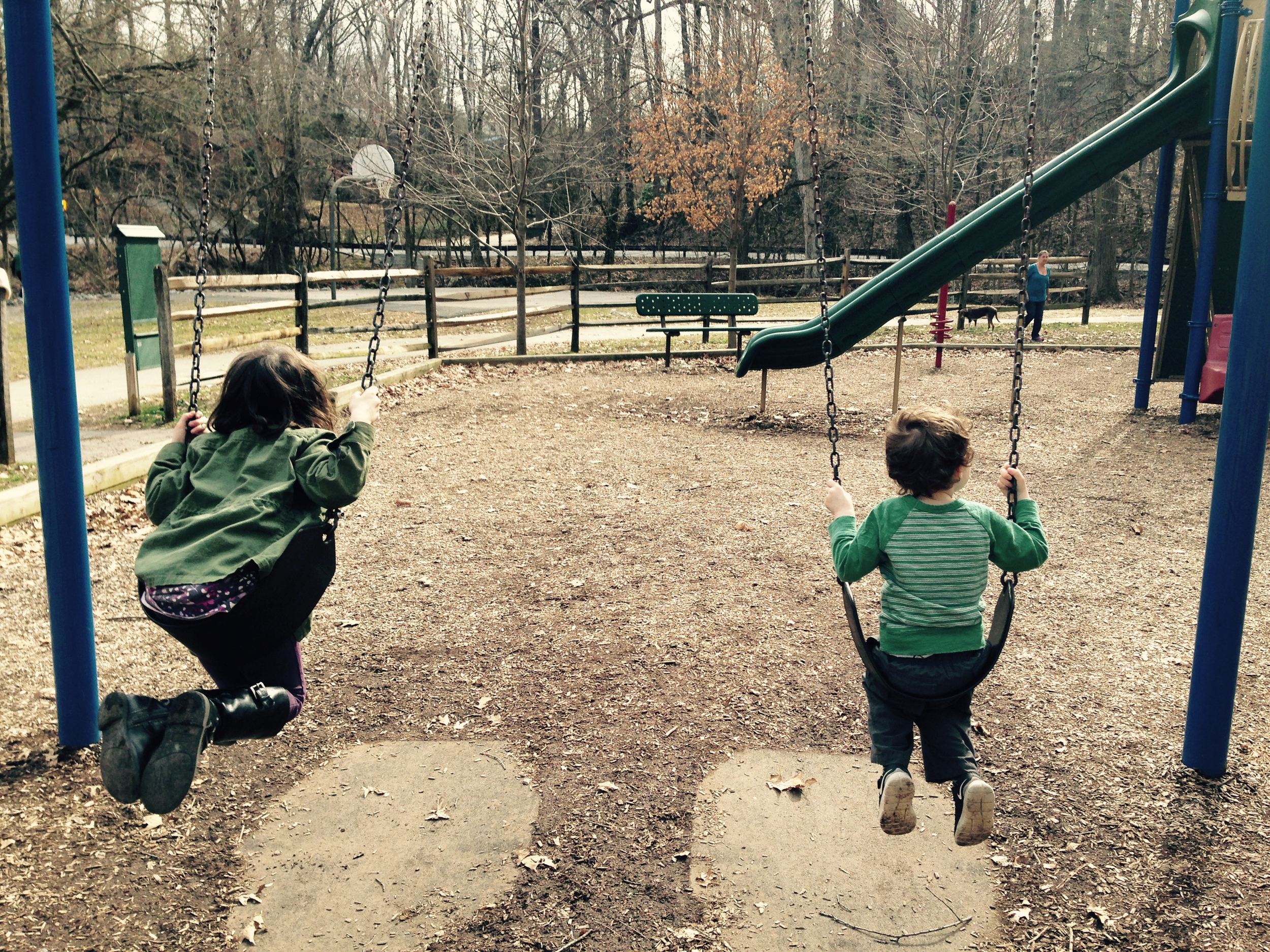My first kid was sleeping through the night at two months old. Other new moms weren’t exactly thrilled for me. I tried to be humble, but I confess I was pretty sure I was doing an awesome job.
Until she stopped sleeping through the night five months later. Then I felt like I was doing a shitty job. When she got back on track after a month or two, so did my good-mom-identity. I was good at teaching a baby how to sleep. I was good at being a mom.
Then I had a second child. At eight months, he was still waking up six times a night. Because it turns out that I am not in fact a sleep expert or a perfect parent. I just got lucky the first time around.
My first was so easy (being a mom was hard, but she was easy). I could take her anywhere. She napped in the car. She crawled early. She walked when we expected. She talked up a storm, with actual little sentences by her first birthday.
So, I confess: I was pretty proud. She was a great kid, so obviously I was an all-star mom.
When other parents—whose babies weren’t doing what they were supposedly supposed to do (sleep or walk or talk or whatever it was) when they were supposedly supposed to be doing it—would ask me how I did it, I actually answered them. It’s cringeworthy looking back at it now. “Well, I talk to her all the time” or “We do a lot of tummy time” or “You just have to put them down in the crib really slowly.” I actually thought I had answers.
Second kids are really, really good at one thing: humbling their parents.
Apparently, I wasn’t a sleep guru, didn’t have anything to do with my daughter crawling and was not at all responsible for her early talking. My son did everything on his own timetable, because kids are not blank slates we get to draw and they are not even tiny copies of ourselves. They are each their own little individual selves, with brains and bodies that have their own ideas. It has nothing to do with us.
My second kid was really great in helping me figure this out. With my first, I had a lot of “I’ll never…” One of which was: I’ll never give my kid a pacifier. Well, baby number two got one on day two. He needed it. That I never gave one to my first may have been more a product of her temperament than my principles.
The other side of this lesson is that the second kid also teaches you that the first one isn’t perfect either. When my son came along, I looked at him and realized he was good at and easy about different things. Which had a way of shining a light on the more challenging things about my daughter. She, like me, can talk incessantly. My son is quieter. Which is nice. He also hardly ever falls—he seems to have a more intuitive sense of where his body is in the world. My daughter sort of floats around and—no exaggeration—can fall down when she’s just standing still or off a chair she’s sitting in.
With two kids, I think we learn that we don’t know what we’d do if we had a different kids. We don’t know what we’d do if we had someone else’s kid. It’s a lot harder to judge someone else’s parenting when you realize how much it’s a combustible mixture of who your kid is and who you are and how you were raised and a million other things.
I don’t know how I would parent anyone else’s kids but my own. Even that’s an ever-evolving experiment.
Knowing how much I’ve learned from having a second kid, I can only imagine how much parents of three or four kids learn. Though I think I’ll stick to asking them for their wisdom over first-hand, hands-on learning on that one!
IF YOU LIKE this article, don't forget to like me on Facebook or follow me onTwitter to see future blogs from Crazy Like a Mom.








